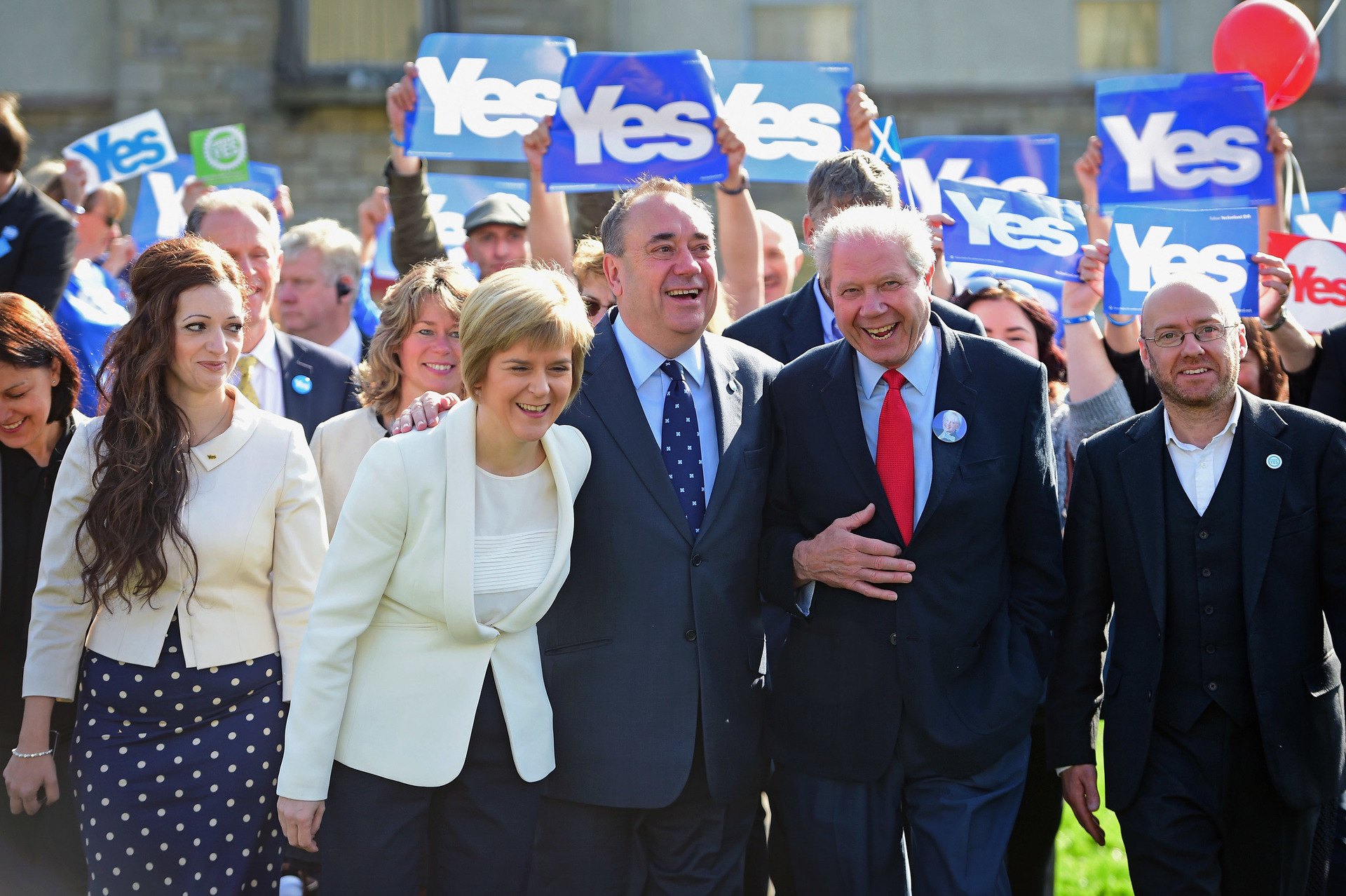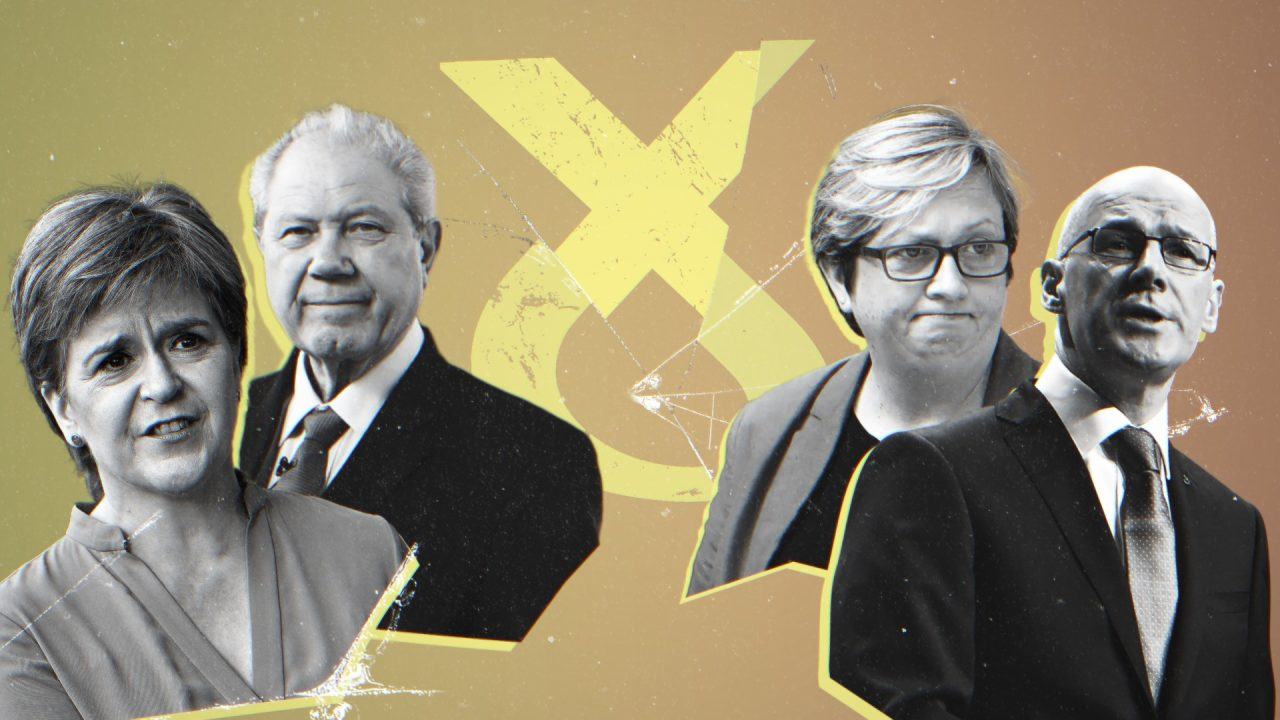The blame game in the SNP after its general election catastrophe is a quiet, despairing one – not so much a volcanic eruption of anger as a smouldering peat fire.
The Conservative Party is in full meltdown, while among nationalists, the mood is sulphurous, but not explosive. The reason could be because all sides have a point – and no one has an answer.
With three leaders in just over a year and a party mired in internal crisis, as well as a very public police investigation, there’s plenty of blame to go around, and no shortage of people to share it.
The ousted SNP MP for Edinburgh South West, Joanna Cherry wasted no time in going on television after her defeat to say she was “ashamed” of her party.
“Both our reputation of governing competently and for integrity has taken a severe battering in the last couple of years,” she claimed.
Cherry was at war with her own party over gender recognition reform, and claimed the row over self-ID legislation was a “microcosm of everything that was wrong with Nicola [Sturgeon]’s leadership”.
Wherever you stand on that, it’s clear the high-profile and polarising debate alienated anyone who agrees with Cherry.
Toni Giugliano, the SNP’s losing candidate in Falkirk, wasn’t one of them – in fact, the two have clashed publicly. But the day after the election, he complained about First Minister John Swinney’s defence of the former health secretary Michael Matheson, who resigned over the huge iPad roaming bill initially charged to the public purse.
“An MSP found to have breached rules on parliamentary expenses must never again be protected – quite the opposite, they must be removed from office,” he said.
He also accused his local SNP administration of having “severely damaged our campaign” by cutting school hours and closing community centres.
Jim Sillars, who served as SNP deputy leader in the early 1990s, has never been shy of offering advice to the nationalist leaders that followed. This time, his complaint was broader, against the whole SNP membership.
“You made the mistake of believing that if you openly criticised the ineptitude of the Scottish Government, you were damaging the idea of independence,” he said in an open letter, accusing Nicola Sturgeon of a “Stalinist” hold on power.

Demanding wholesale internal party reform, he added: “Only you can demand that our government concentrates on the real problems that face our people.”
The rantings of a few usual suspects? Well, sure – but if pressed, few in the SNP would disagree with the substance.
Given a list of problems facing the SNP, the correct answer would be ‘all the above’. The party is out of money; and after years of internal soap opera and courtroom drama, it has potentially months more to come.
The actual politics aren’t any easier. There was always a tension in the SNP general election campaign, which tried to face both ways on key issues like taxation and energy, to attack the Conservatives in the northeast while defending against Labour in the Central Belt. It didn’t manage either.
Presented with the option of joining the red Labour wave that swept Britain last week, Scottish voters – even some of those who would rather Scotland was independent – decided to go with the flow.
It isn’t clear the tide will change in time for the 2026 Scottish election, which is shaping up to be the SNP’s last stand after nearly two decades of dominance.
Power to shape the narrative, as the nationalists have done so effectively since the 2014 independence referendum, is out of their hands. Hope rests on Sir Keir Starmer’s government disappointing and failing to deliver over the next two years.
The broader lesson from the general election was that voters made up their mind about a tired Conservative government months ago, and stopped listening. In the face of that, finding someone to blame is the least of the SNP’s problems.
Follow STV News on WhatsApp
Scan the QR code on your mobile device for all the latest news from around the country





























